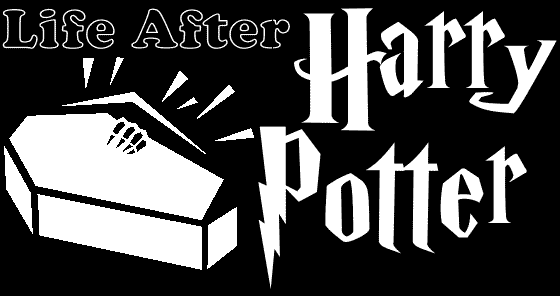| Word |
Location |
Occurences |
Speaker |
Analysis |
| “damn it all” |
Chapter One |
two |
Ector (secondary character) |
Not gratuitous, the phrase is used to emphasize that the speaker has
been drinking.
|
| “damn” (with variations) |
Chapter Eight |
twelve |
Cully (secondary character) |
Not gratuitous, the character (a bird) uses this word repeatedly
during a formal ceremony — emphasizing his mental disorder and,
to a lesser extent, his “lamentable infantry manners”.
|
| “nigger” |
Chapter Eight |
one |
Cully (secondary character) |
Not gratuitous, the character (a bird) uses this designation (and
several others more politically correct) in a tirade directed at no
one in particular.
Indeed, its use by a bird, and by a Britain, makes it difficult to
tell to whom, in general, it might refer.
The author uses this to characterize the bird as an uncouth
infantryman.
|
| “I be dommed” (damned) |
Chapter Twelve |
one |
Hob (tertiary character) |
Slightly gratuitous, this is used to emphasize the character’s
“low class” and is spoken in a rural dialect.
|
| “hell’s bells” |
Chapter Fourteen |
two |
Ector (secondary character) |
Slightly gratuitous, the character is demonstrating an unusual
(annual, in fact) amount of frustration and anger.
|
| “damned” |
Chapter Twenty-Three |
one |
Kay (major character) |
Slightly gratuitous, the character is demonstrating an unusual
amount of frustration and anger.
|

